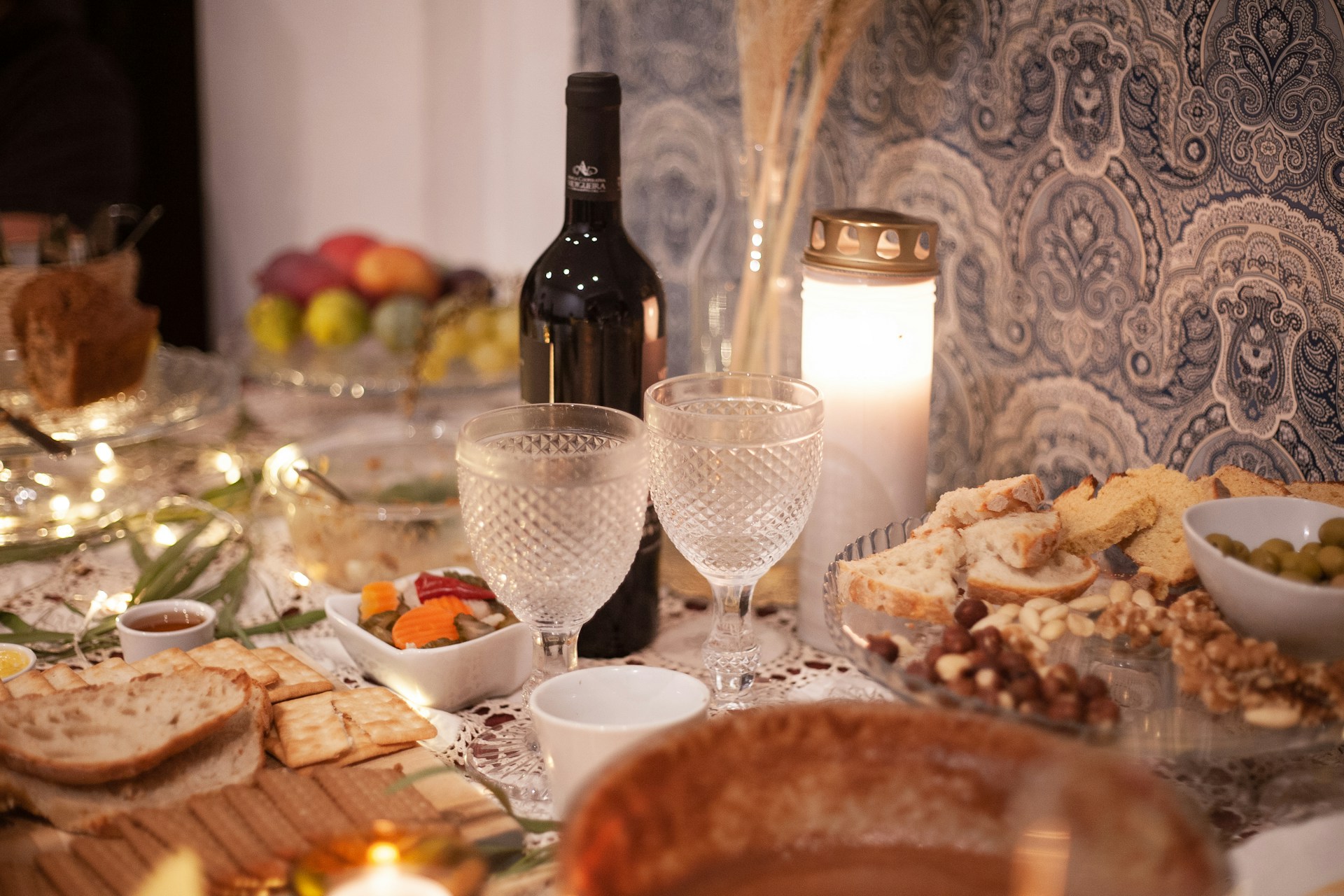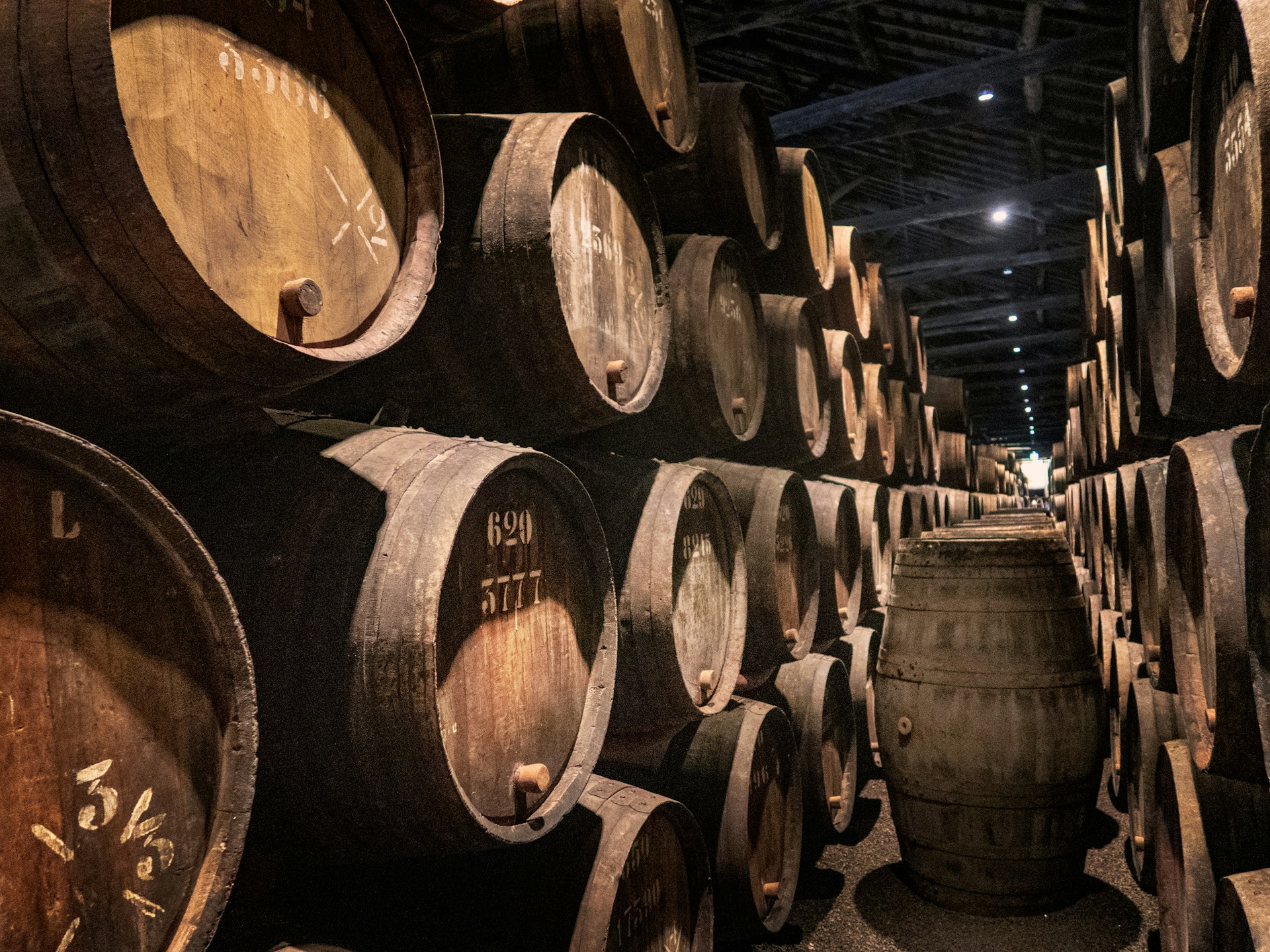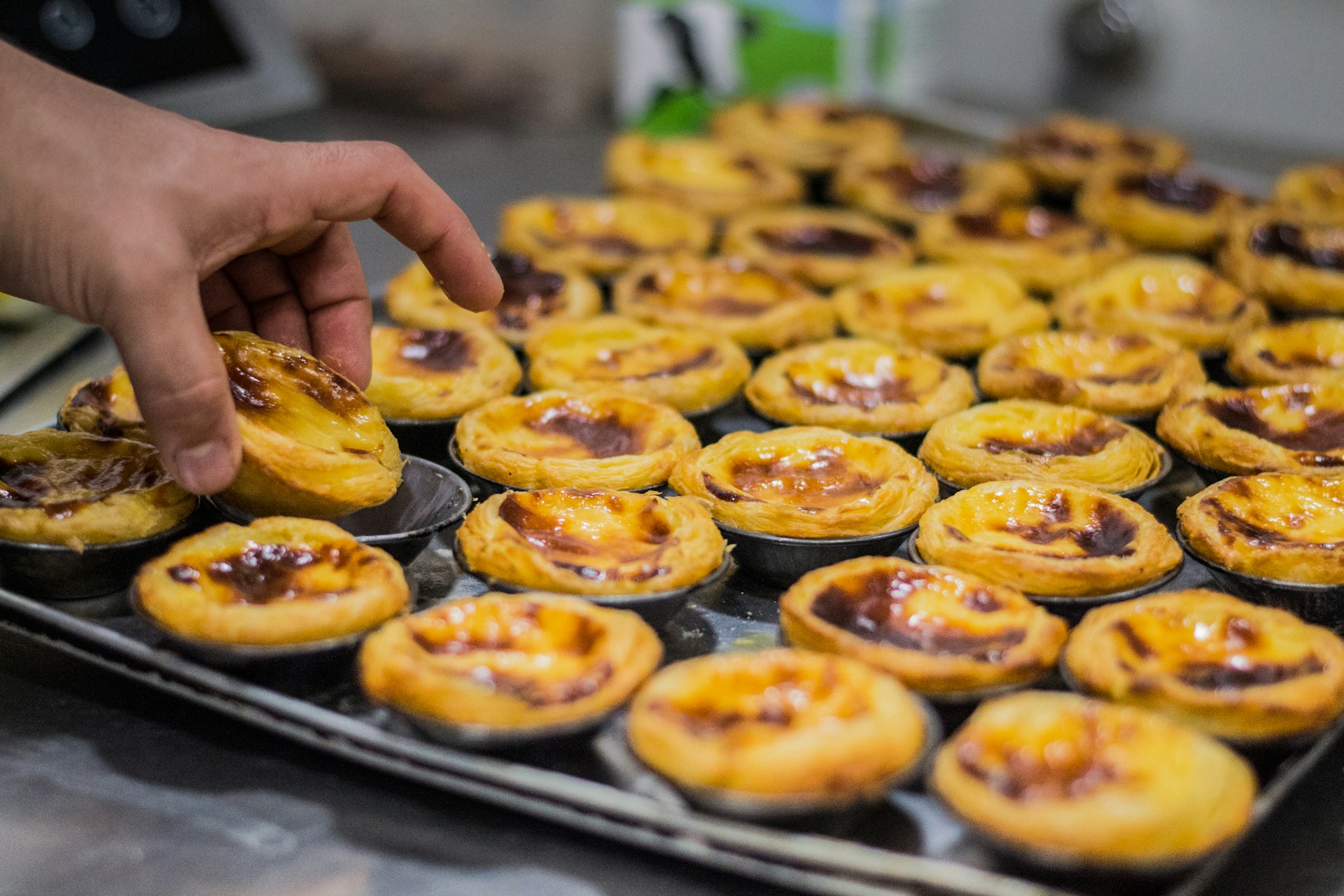Taste Portugal
The food in Portugal is a closely guarded secret. Portuguese cuisine has everything to please even the most discerning palate because it is based on genuine quality products, cooked according to traditional recipes or to the most innovative and unusual trends.

Photo: Portugal
We might say that Portuguese cuisine hinges around into five icons. Let’s start with the fish from our extensive Atlantic coast, the best fish in the world in the opinion of many renowned international chefs.
Their habitat and specific geomorphological location in the Atlantic give the fish unique conditions for birth and growth that enable them to acquire a taste and texture hard to match elsewhere.
The best fish are caught by line and by traditional techniques. They then benefit from high-tech storage and distribution methods which create the best conditions for the fish, and the shellfish too, to reach Europe’s and America’s top quality restaurants, where they are cooked by the world’s best chefs. These restaurants, however, don’t have another icon of Portuguese cuisine, the cataplana, a utensil that is the delight of gourmets and those who like to conjure up all the senses around the table.
The third icon of Portuguese cuisine is Port wine, considered both sumptuous and sensual. Its unique characteristics come from the soil, man’s hard work and the sunshine that ripens the fruit. When we think in the grapes grown in the oldest wine region in the world we have to smile as we realise that nature and man knew how to unite to create a truly exceptional product. This region was classified as World Heritage by UNESCO, as well as the Lodges in Gaia where these wines age.

Photo: Wine
Let’s us speak about Portuguese sweets next: they are divine. We should give thanks to God, like the nuns used to do in the old days while preparing their recipes of sugar, eggs and almond in the seclusion of their cloisters. The result of the balance between flavour, creaminess and crispiness is another icon of Portuguese cuisine, considered a truly heavenly sweet: the pastel de nata (custard tart)!

Photo: Portugese custard tart
The fifth icon of Portuguese cuisine lies in the human factor. Our chefs are increasingly talented and are winning more prizes, revolutionising the richness of Portuguese cuisine with their creativity, boldness and good taste. Currently Portugal is proud to have a host of chefs who work at the highest levels of cuisine, using old-established recipes or more unusual methods that often enhance the flavour and quality of local products.
We haven’t yet spoken of a number of other products that also help to distinguish what is eaten in Portugal. The Protected Denomination of Origin (DOP) meats from local breeds - Bísaro pig and black pig, Arouquesa, Maronesa, Mertolenga, Barrosã and Lafões beef, Barroso kid (charnequeiro and transmontano), Terrincho and Bragançano lamb - whose producers work hard to maintain their succulence and flavour. Fresh fruit and vegetables are the basis of Portuguese cuisine and of its more Mediterranean characteristics, typical of a healthy, simple and varied cuisine. They are the product of a fertile land, which is adopting the new organic production processes that are friendly to both consumers and the environment. For seasoning, we have another Mediterranean product, pure aromatic olive oil that is conquering international markets with every passing day. Fish, soups, salads and cheeses are all seasoned with it. Yes, even the wonderful mountain cheeses produced in Portugal that the world has yet to discover. The creamy, oily or dry goat and sheep cheeses also make us bless the heavens.
To accompany all this, we have another secret that is just beginning to be revealed: our excellent table wines. Created from a new generation of winemakers and producers with a new vision for the cultivation of vines, Portuguese wines are exactly the right drink to accompany meals and you always have a wine of great quality according to the region of the country in which you are dining.

